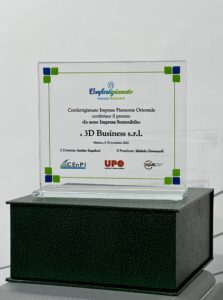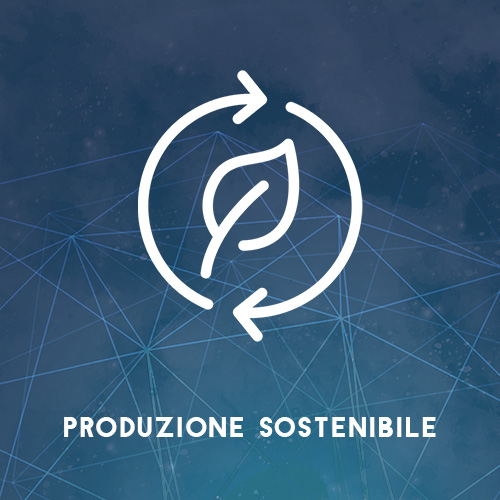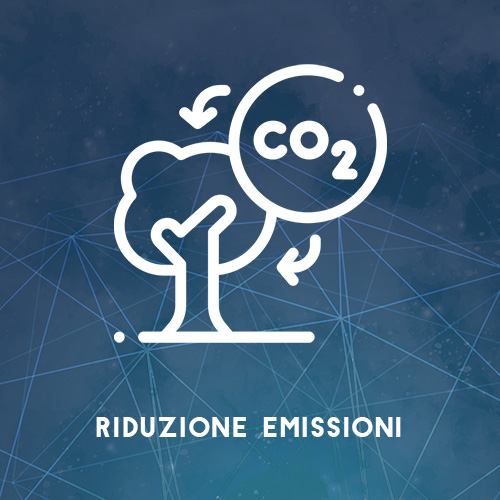3D Business,
sustainability
zero-impact.
sustainability
zero-impact.
Companies have always played a significant role on the global environmental impact. That’s why 3D Business acts as it always has as an active participant in change, creating a zero-impact reality.
Guided by a clear green vision, we at 3D Business operate through increasingly sustainable choices, adopting processes to reduce CO2 emissions and investing in the best technologies and innovations to develop bio-degradable materials. Our 3D printers are entirely created by additive manufacturing technique, using almost exclusively bio-based material.
Thus was born Carbonaut.

3D Business,
sustainability
zero-impact.
sustainability
zero-impact.
Companies have always played a significant role on the global environmental impact. That’s why 3D Business acts as it always has as an active participant in change, creating a zero-impact reality.
Guided by a clear green vision, we at 3D Business operate through increasingly sustainable choices, adopting processes to reduce CO2 emissions and investing in the best technologies and innovations to develop bio-degradable materials. Our 3D printers are created entirely by additive manufacturing technique, using almost exclusively plant-based bio-based material.
Thus Bioalfa was born.
What is Carbonaut?
Carbonaut is a special carbon-added technopolymer specially developed by the 3D Business engineering team, with which all the mechanical parts of our 3D printers are produced. Entirely recyclable, it requires , as with bioalpha, an extremely limited amount of C02 for its production.
Here missing image Carbonaut.
What makes 3D Business unique
The covers and outer coatings of our 3D printers are produced directly from other 3D printers. Specifically, 3D Business employs polylactic acids (BioAlpha) and thermoplastic copolyesters (Carbonaut) produced from entirely renewable and natural substances and materials, which make (the components of the 3D printer compostable and bio-degradable.
The use of environmentally sustainable materials, the production of which requires significantly less energy, is the key to effective carbon dioxide emission reduction. And it is this principle that guides 3D Business to implement each of its ranges from a Green perspective, for an entirely sustainable workflow.
For their production, 3D Business machines emit an average of only one-tenth of CO2* compared to ordinary 3D printers on the market, an important innovative and pioneering fact that leads us to continually discover new green technologies and ensure the best quality for our customers, with an eye always leaning toward the future.
*Data derived from 2030 Calculator calculations.
Average input for a conventional 190x120mm print area 3D printer
827,62
Kg CO₂e
Entry for a printer of equal size 3D Business
74,34
Kg CO₂e





